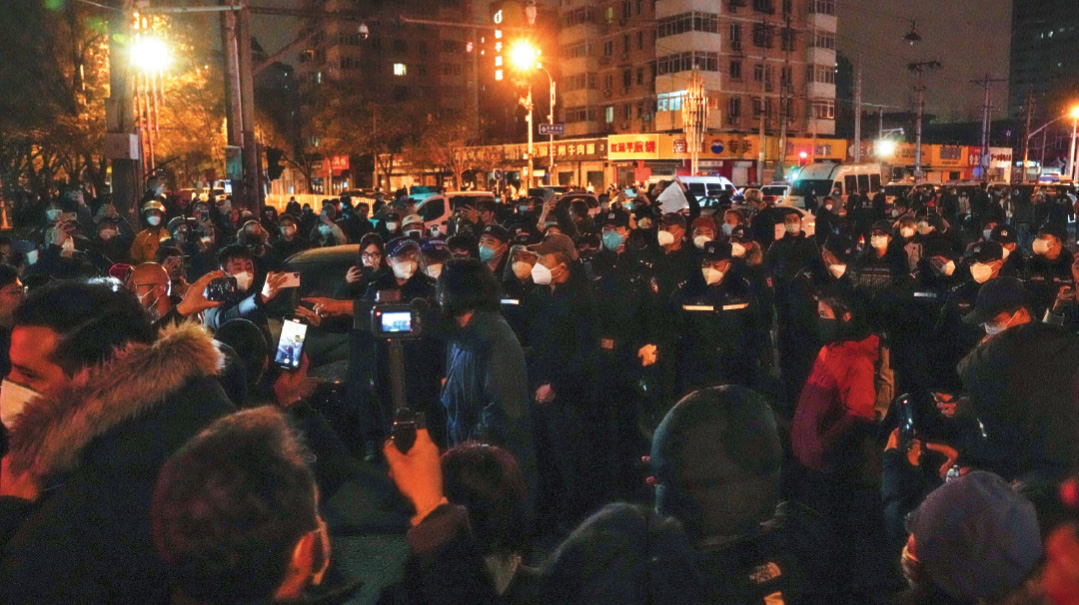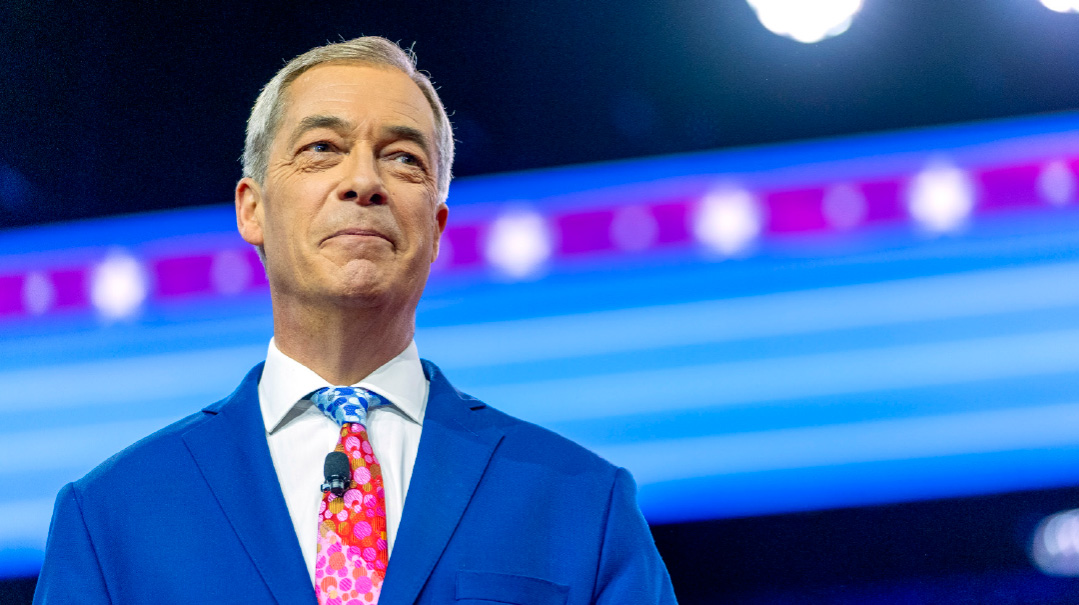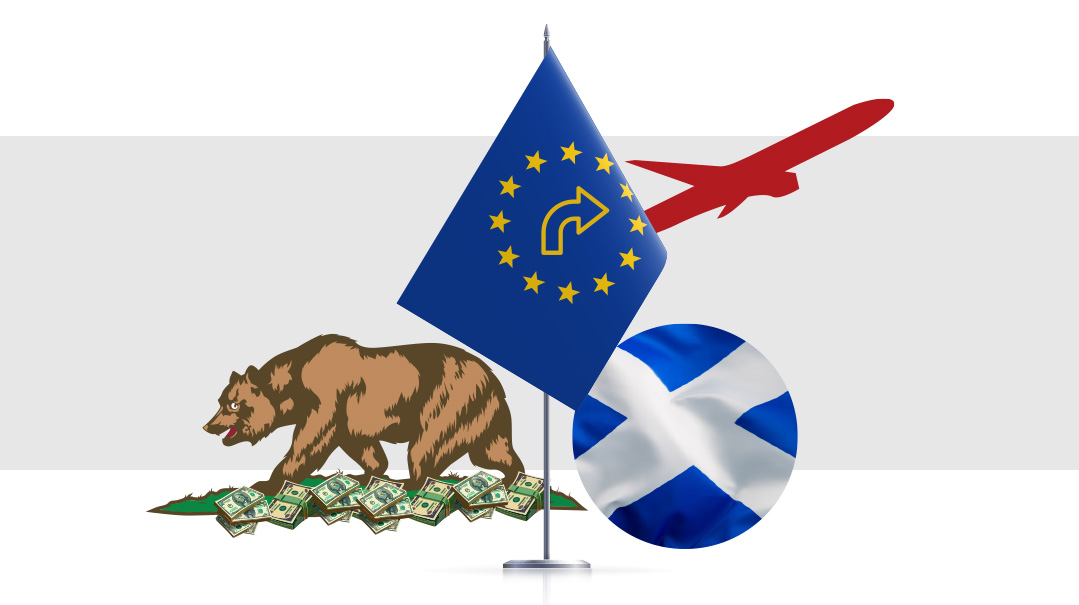Protests, Made in China

How much of a threat are the protests, and what would it take to bring systemic change in China?

Protests, Made in China
“Is Covid China’s Chernobyl?” asked a report by a former British diplomat when coronavirus burst upon the world. That 2020 headline suddenly looks relevant once again as mass protests against the senior leadership’s zero-Covid policies sweep China.
In multiple cities, including Beijing, Shanghai, and Wuhan, thousands have taken to the streets calling for an end to draconian Covid restrictions, and in some cases protesting more generally against the Communist Party’s restrictions on free speech and democracy.
Mere weeks after President Xi was essentially made leader for life, Western observers are asking whether the Chinese strongman is as powerful as he seems. But just how much of a threat are the protests, and what would it take to bring systemic change in China?
1. First, the trigger. Protests broke out after a fire in a residential building in Urumqi, northwestern China, killed more than ten people. The city has been under Covid lockdown for months, and residents blamed the restrictions for the deaths. But news reports over the last months have shown the country to be restive amid restrictive health policies that have seen no let-up since Covid began almost three years ago. In a country where information flows are heavily censored via a so-called Internet “Great Firewall,” blank white paper held aloft at the protests has become a symbol of China’s clampdown on free speech.
2. What sets these protests apart from the country’s regular protests on different local issues, say observers, is their wide scope and unifying theme. “Because they are so synchronized in terms of scope and the size of the crowds across these cities, it’s truly a remarkable development,” Professor Dali Yang, a political scientist at the University of Chicago told the Guardian. “All those people have been sharing the same situations — lockdowns, anxieties about jobs, and various forms of frustrations with medical care, and deaths.”
3. As ever when it comes to Chinese popular dissent, Western commentators have reached for the Tiananmen Square comparisons. Such parallels are part of a long tradition of free-world wishful thinkers waiting for liberalism to break out in autocracies from Iran to Russia. Having crushed dissent in Hong Kong and threatened Taiwan with forced reunification, Xi is far bolder than previous Chinese leaders. A cautious consensus seems to be that Xi won’t show any weakness in the face of the protests but will first act to crush them, and only then move to loosen Covid restrictions.
4. What type of situations could hypothetically topple China’s big man? The lesson of the USSR’s fall — studied assiduously by both Russia’s Putin and Chinese Communist leaders — is that a combination of poverty and emigration bans is eventually fatal to a regime. As long as the most troublesome citizens are allowed to emigrate, though, most will trade some rights for economic prosperity. Until now, Xi’s China successfully delivered on that social contract. As Xi might by now suspect, doubling-down on zero-Covid policies might destroy that careful balancing act.
Political Football
IN the spirit of last week’s article in these pages on the sports diplomacy involved in the World Cup soccer tournament underway in Qatar, here are two additional geopolitical takeaways.
Exceptional America
Soccer — or football to the rest of the world — was long ago meant to have conquered the United States. Along with tea (and cricket), Britain’s colonial legacy worldwide was soccer. That rule generally holds true except in America, where, along with the tea in Boston Harbor, Americans dumped the sport.
Soccer’s failure in the USA — and its parallel insistence on playing “American” sports — is evidence of the persistence of American Exceptionalism. The theory that the US stands apart from other nations, which is echoed in the writings of 19th-century political scientist Alexis de Tocqueville, has become less influential as Western culture has Americanized. But the fact that most Americans remain blissfully unaware of their national soccer team’s progress is evidence of the enduring cultural aloofness that has long underpinned the geopolitical concept.
Shrinking Europe
On the pitch, Europe still dominates international soccer, as evinced by the fact that it’s been three-quarters of a century since the final was played between two non-European countries. But the Qatar tournament has demonstrated Europe’s decline off the pitch.
Once a British protectorate, Qatar is now a mega-wealthy petro-state that invests billions in the UK.
It’s not just the flow of cash. European players made a lot of noise about wearing symbols in support of liberal causes such as the alternative lifestyles lobby. When the competition’s governing body — prodded by Qatar authorities — declared that a no-go, the footballers folded.
The reality is that cash exerts real power, and as Europe fades from its once dominant geopolitical position, its ability to impose its values on others retreats.
500 km
While goodly portions of the commentariat indulge in Elon Musk Schadenfreude by pointing at Twitter’s plunging advertising revenue, perhaps they’re looking at the wrong set of numbers in prophesying Musk’s future. Despite Twitter’s colossal — likely overvalued — $44 billion sticker price, what probably matters more is the health of his wider portfolio.
Tesla’s announcement that its Semi — an electric truck with the normal Tesla sleek looks — had driven 500 km on a single charge is a major milestone that may yet revolutionize the trucking industry.
If the serial entrepreneur can keep up-ending whole sectors like this, that would allow him to finance side-ventures like social media, while reserving Twitter for his pet indulgence — trolling his liberal critics.
(Originally featured in Mishpacha, Issue 938)
Oops! We could not locate your form.







